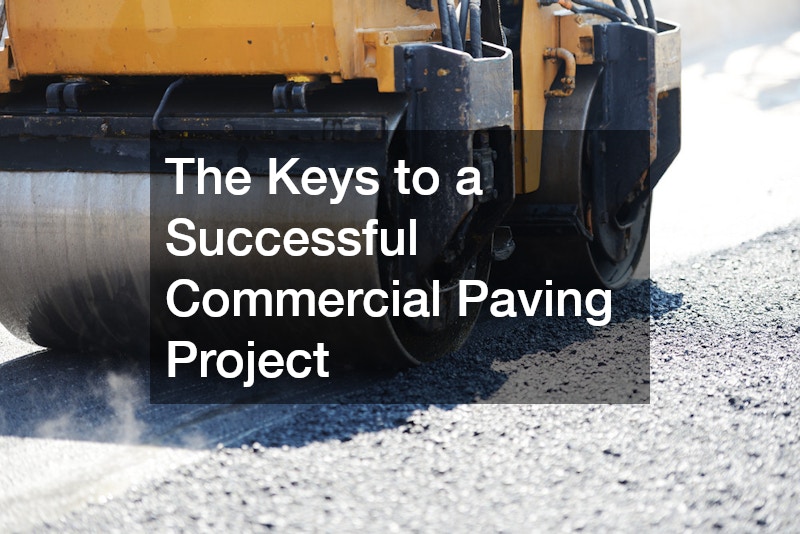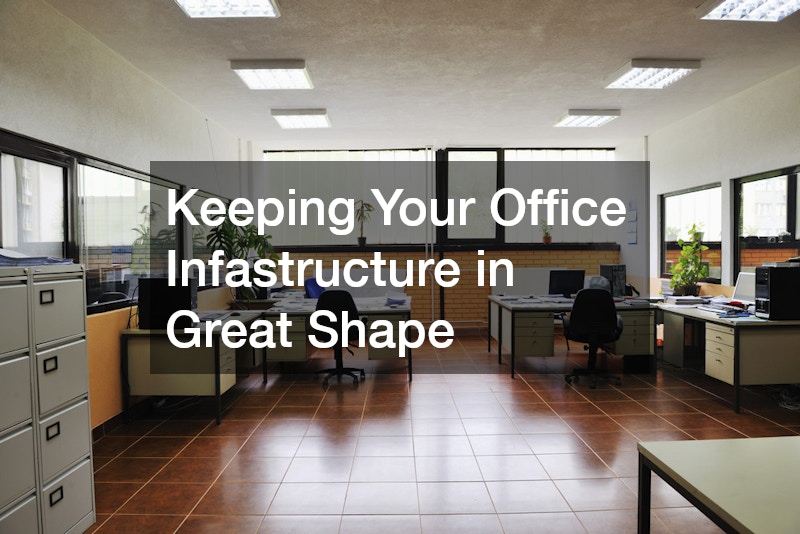
Your driveway is one of the greatest contributors to your home’s curb appeal. A well-maintained driveway that was installed properly makes the home look well-kept and polished. On the other hand, a sunken driveways with weeds poking out of the cracks and chunks missing makes the entire home look forsaken.
If you are installing a new driveway or replacing a dilapidated one, it’s a good idea to leave it in the hands of driveway contractor who knows what they’re doing. However, it is up to you to choose what type of material to use on your new driveway. Here are the most common materials used in driveways, in order from least to most expensive:
- Gravel Driveways
Cost: $1-3 per square foot
Pros: Gravel is certainly the least expensive route to take as far as driveways go. Depending on the type of gravel used and size of your driveway, your new driveway will cost $200 to $600 for a one-car driveway, or approximately $360 to $1080 for a standard two-car driveway. Environmentally-minded people might like that gravel allows rainwater to drain into the earth below, which takes the burden off of rain sewers.
Cons: Gravel driveways are fairly labor intensive to maintain, as weeds tend to grow through the gravel, and dust is kicked up and tracked into the home. A new layer of gravel may need to be applied every one to three years to maintain a nice look. - Concrete Driveways
Cost: $2-4 per square foot (more for special colors or patterns)
Pros: Concrete is a solid choice (pun intended). Properly installed concrete driveways can last 20 to 40 years without cracking. Concrete driveways also offer an endless number of ways to customize that can contribute to the aesthetics of your home. There are upwards of 250 hues and shades that your concrete can be tinted, as well as any kind of stamp or pattern that you can dream up. Plus, who doesn’t love stamping their hands in the corner of wet concrete?
Cons: Sometimes it is difficult to get oil stains from a leaky car out of a concrete driveway. Also, concrete driveways don’t like freezing temperatures and invasive tree roots. - Asphalt Driveways
Cost: $3-5 per square foot
Pros: Unlike concrete, asphalt can hold its own in extreme temperatures. It is also possible to use recycled asphalt, which is both a potentially cheaper option and environmentally friendly.
Cons: Asphalt must be resealed every two to four years to prevent degradation from the elements and chemicals that cars emit. Also, if the driveway doesn’t have a slope of at least one-quarter inch per foot, it can lead to drainage issues. - Bricked Driveways
Cost: $5-50 per square foot
Pros: If installed well, pavers can certainly offer an extremely attractive driveway. Another benefit to a bricked driveway is that when damage or stains are incurred, you can get away with only replacing the bricks that need it, rather than the whole driveway.
Cons: Using pavers for your driveway is often the most expensive choice. If you use a unique design rather than plain bricks, it can be hard to find replacement for damaged pieces.
What’s your favorite material for a driveway? Please leave your input in the comment section below.





